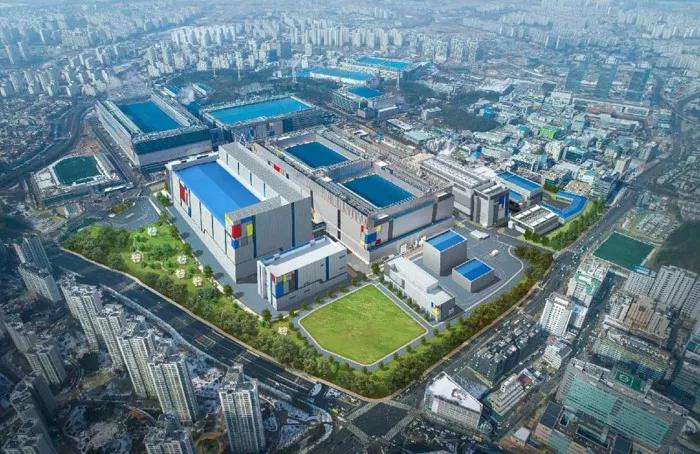The new pricing will be implemented from the second half of this year. The specific price increase depends on the complexity of OEM chips, and the increase of traditional process chips will be greater. Samsung Electronics is in talks with OEM customers and plans to raise the semiconductor production rate by 20% this year to cope with the rising pressure of material and logistics costs.

Bloomberg reported that the overall price increase range is about 15% - 20%, depending on the complexity of OEM chips, and the increase of traditional process chips will be greater. The new pricing will be implemented from the second half of this year. Samsung has completed consultations with some customers, but is still discussing with other customers.
This marks a major change in Samsung's policy, which may increase the cost pressure on the downstream demand side of chips such as smartphones and cars. Samsung Electronics withstood the pressure of the industry last year and maintained a relatively stable pricing strategy.
Including Samsung Electronics, TSMC and other chip manufacturers are currently facing huge cost pressure. From chemicals and natural gas to wafer equipment and materials, the average production cost of chip manufacturers has increased by 20% - 30%.
TSMC has previously announced its price increase plan. The company plans to increase its foundry quotation by 6% from January 2023. The company said the price increase was mainly due to inflationary pressure, rising costs and meeting its huge capital expenditure plan. Unlike last August, the company's OEM prices rose sharply across the board for the first time in a decade. Next year, the prices of TSMC's advanced processes and mature processes will rise equally.
As the world's largest memory chip manufacturer. Samsung Electronics is now catching up with TSMC in advanced manufacturing. The company said at the earnings conference that although the demand for personal computers and smartphones is weakening, the demand for 5g related and server memory chips will be strong. It is expected that the overall chip OEM industry will maintain tight production capacity in the next five years.